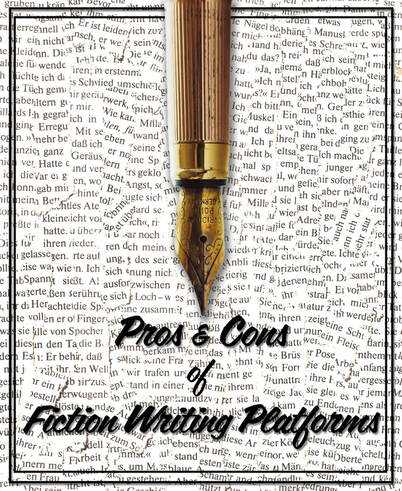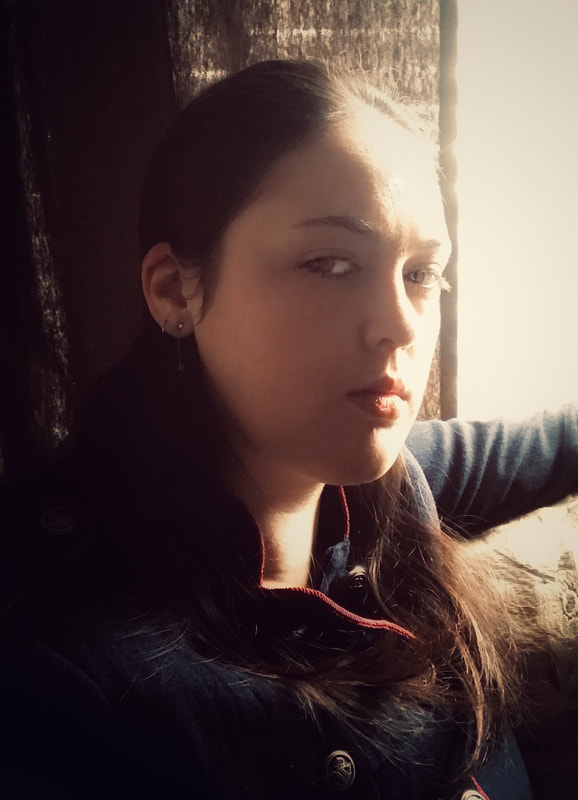|
Guest post by E. M. Foster Pros and Cons of Using |
| E. M. Foster is a fiction writer and Pushcart Prize-nominated poet from Florida. She is currently preparing for a Master's in Creative Writing at the University of Cambridge, St. Edmund's. She is a reader and Creative Nonfiction Editor for Farside Review, reader for Sepia Journal, and writer for Coffee House Writers. Her work has appeared in The Aurora Journal, Sledgehammer Lit, and others. Find her blog and portfolio at fosteryourwriting.com. |
0 Comments
Leave a Reply.
Author
Arielle Haughee is the owner and founder of Orange Blossom Publishing.
Categories
All
For Parents
Getting Into Writing
Giveaways
How I Met My Other
Picture Books
Publishing
Revision
Writing Craft
Writing Goals And Routines
Writing Life
Writing Picture Books
Proudly powered by Weebly



 RSS Feed
RSS Feed